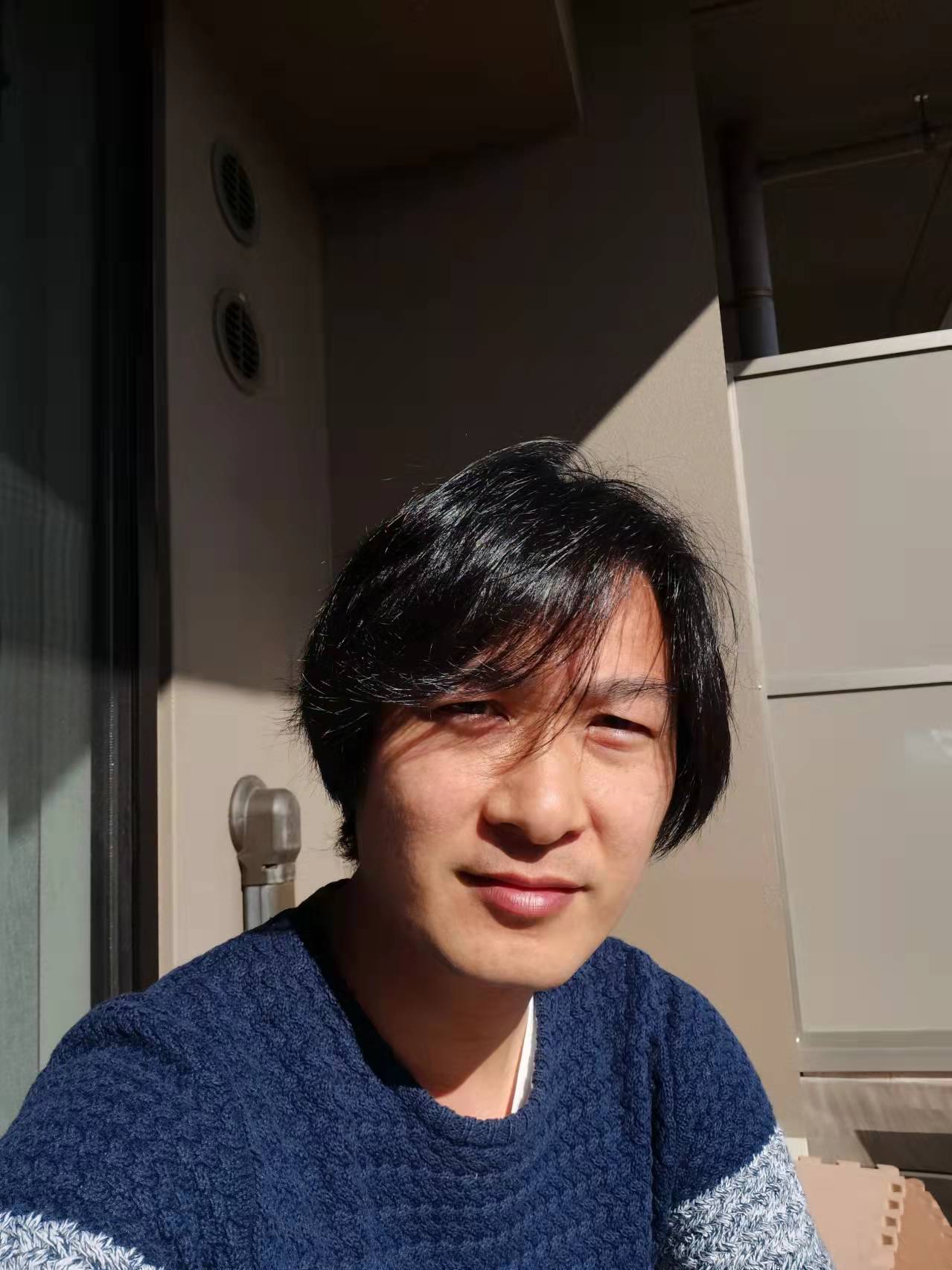Daughter and Daughter-in-law
Two women were chatting in a room.
One asked, “How is everything going with your son?”
“Oh, don’t even mention it! What a huge misfortune!!” The woman sighed, “He is poor enough, and married an extraordinary lazy daughter-in-law. She doesn’t cook, doesn’t clean the room, or even doesn’t look after her own children except to sleep all the time. It was my son who brings breakfast to her bed… How about your daughter?”
“She might be lucky.” the woman smiled.
“She married a good husband who doesn’t allow her to do any housework and handles everything alone. The housework includes cooking, washing, cleaning and looking after the children. What’s more, he brings breakfast to my daughter every day.”
Facing the same situation, when we look from our own viewpoint, we will draw our personal conclusion; while standing at others’ position, we may have a different sense.
娘と嫁
二人の女性が部屋でおしゃべりしていました。
ある人は、「息子さんの様子はどうですか?」と尋ねました。 」
「ああ、それは言わないでください! 何という大きな不幸でしょう!! 」 女性はため息をつきました、「彼は十分に貧しいのに、並外れた怠惰な義理の娘と結婚しました。 彼女は料理もせず、部屋の掃除もせず、ただ寝ている以外は自分の子供の世話さえしません。 彼女のベッドに朝食を持ってくるのは息子でした…あなたの娘さんはどうですか? 」
「彼女は幸運かもしれない。 」と女性は微笑んだ。
「彼女は良い夫と結婚しましたが、その夫は家事をまったく許可せず、すべてを一人でこなします。 家事には、料理、洗濯、掃除、子供の世話などが含まれます。 さらに、彼は毎日娘に朝食を持ってきてくれます。 」
同じ状況に直面しても、自分自身の視点から見ると、私たちは個人的な結論を導き出します。 他人の立場に立ってみると、また違った感覚が生まれるかもしれません。

コメント